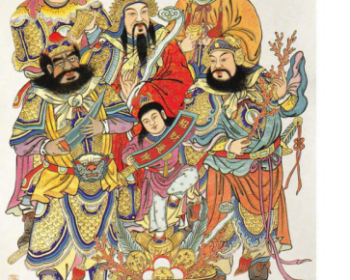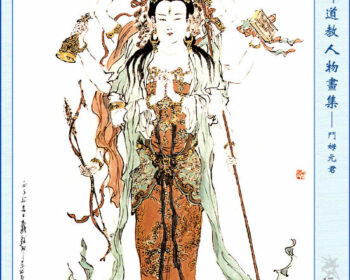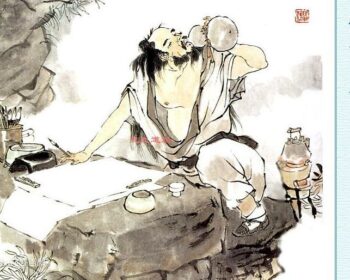There are two kinds of “incense offering” rituals. One is performed by Dian-Zhu or the In-Charge of a Taoist Altar. In this kind of ritual, the Dian-Zhu will light three long incense sticks parallel to
Read more

There are two kinds of “incense offering” rituals. One is performed by Dian-Zhu or the In-Charge of a Taoist Altar. In this kind of ritual, the Dian-Zhu will light three long incense sticks parallel to
Read more
“San-Zai” means “three disasters” which are the wind disaster, the fire disaster and the water disaster.“Ba-Nan” means “eight difficulties”.
Read more
Daoist practitioners can recite the following proclamation
Read more
“San-Zhang” are the “Three Barriers” that prevent one from attaining higher Daoist achievement. They are the barrier by Evils, the barrier by one’s Sin, and the barrier by disasters. The barrier by Evils originates from
Read more
“San-Ye” means three sins. They are the sins committed by the body, the sins committed by the mouth, and the sins committed by the mind. “Liu-Gen” are the six perceptual organs.
Read more
“San-Jie” literally means “Three Realms”. From the prospective of time the Three Realms are the Realm of Wu-Ji, the Realm of Tai-Ji, and the Realm of Terrestrial.
Read more
“Bu-Zheng” means “Do not compete”. The concept in Daoism actually means one should follow the rules of nature and do not compete forcefully without proper cause.
Read more

Founded in 12th century during the early Jin Dynasty by Wang Chong Yang. Later in Yuan Dynasty (12 – 13th century ) it became one of the two major sects of Daoism ever since. Wang
Read more
Originally, the “Three Treasures” refers to the three highest Divine in Heaven: Yuqing or Tianbao Heavenly Lord, Shangqing or Lingbao Heavenly Lord, and Taiqing or Shenbao Heavenly Lord.
Read more